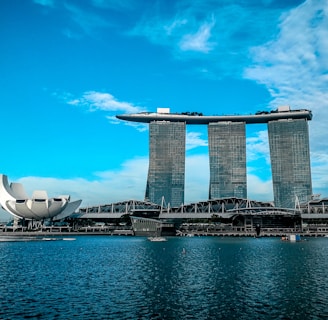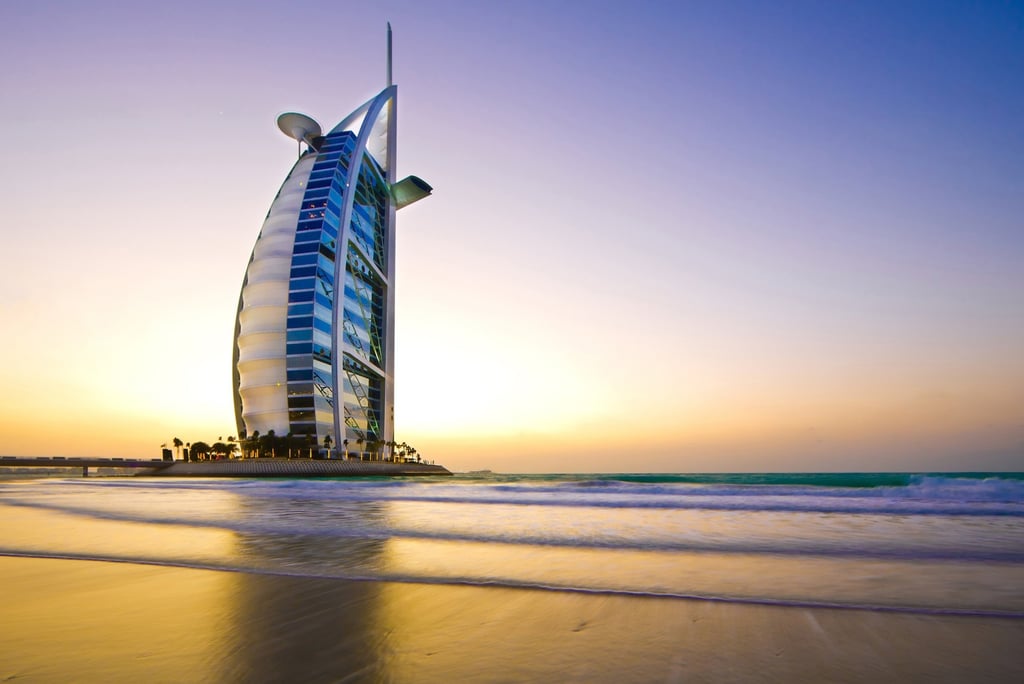What Makes a 5-Star Hotel? Luxury Standards & Rating Systems Explained
Ever wondered what makes a hotel 5-star? Discover the luxury standards, rating systems, and must-have amenities that define world-class hospitality.


Trusting the Stars
When you’ve decided to treat yourself and book a 5-star hotel, how can you be sure you won’t get a 3-star experience? In other words: can you trust the stars? In this short guide, we break down the official rating systems, the key criteria that define a 5-star experience, and how hotels maintain their prestigious status. Learn about the “secret shoppers” who make sure 5-star hotels are keeping their 5-star promises, from plush bedding to Michelin-star dining to personalised service. We reveal what it takes to earn, and keep, those coveted stars, so you can be a savvy traveller who knows what to expect!


Hotel Star Ratings: Who Sets the Standards?
Hotel star ratings have been around for decades, but their origins date back to early travel guides that sought to distinguish the quality of accommodations for their readers. Over time, these ratings became formalised, with different organisations setting their own criteria for what qualifies as a luxury hotel. While some countries have government-mandated rating systems, others rely on independent agencies like the Forbes Travel Guide or AAA. Regardless of the system, the purpose remains the same: to give travellers a clear idea of what level of service and luxury they can expect.
Not all star ratings are created equal. In the United States, the Forbes Travel Guide uses an extensive checklist and undercover inspectors to evaluate hotels. In Europe, organisations like the Hotelstars Union follow a structured points system that determines whether a hotel qualifies as 3-star, 4-star, or 5-star. Meanwhile, some countries have looser regulations, meaning a 5-star hotel in one country might not match the same standards elsewhere.
This can be confusing for travellers, but doing a little research goes a long way in ensuring a true luxury experience. Check who gave the rating. Is it a reputable outside organisation or just the hotel awarding itself five stars? Traveller reviews sites like TripAdvisor should indicate whether the 5-star rating is real or wishful thinking.
Now that we know how to establish if the 5-star status is legitimate, let’s consider what hotels do to earn and maintain their prestigious rating.


Earning (and Keeping) 5-Star Status
Achieving a 5-star rating is no easy feat. Hotels must meet an extensive list of criteria that includes everything from 24-hour room service to high-thread-count linens. But it’s not just about ticking boxes. Inspectors look at the overall guest experience, from the way staff greet visitors to the seamless handling of special requests. A single bad review from an inspector can put a hotel’s rating at risk, which is why consistency is key.
One of the ways hotels maintain their 5-star status is through continuous quality control. Mystery guests, also known as secret shoppers, frequently stay at these hotels to assess whether they meet luxury standards. They evaluate everything from check-in efficiency to the temperature of a morning cappuccino. Their reports influence whether a hotel keeps its rating or needs to make improvements.
Hotels that fail to uphold their standards risk losing their coveted rating. Some establishments have fallen from grace due to poor maintenance, declining service, or failure to adapt to modern luxury trends. Maintaining a 5-star status is an ongoing effort, requiring hotels to evolve with guest expectations while staying true to the principles of world-class hospitality.
How about the hotels that go beyond 5-stars?


The Future of Luxury Hospitality: Are 6 & 7-Star Hotels Real?
You may have heard of hotels that claim to be 6-star or even 7-star, but is there any official ranking beyond 5-star? The short answer is no. No internationally recognised rating system officially awards more than five stars. However, some hotels have taken it upon themselves to market their extraordinary level of luxury as beyond the standard 5-star experience, which is where the 7-star label originated.
One of the most famous examples is the Burj Al Arab in Dubai, which is often referred to as a 7-star hotel. This ultra-luxury property goes far beyond traditional luxury, offering a fleet of Rolls-Royces for guest transport, a private butler service for every suite, and interiors adorned with real gold. While such hotels are undoubtedly lavish, their self-proclaimed status is more of a marketing strategy than an official classification.
With luxury hospitality evolving at a rapid pace, the concept of ultra-luxury hotels is becoming more mainstream. As high-end travellers demand even more personalised and extravagant experiences, rating systems may eventually need to adapt. Whether this means introducing an official 6-star category or redefining 5-star standards remains to be seen, but one thing is certain, luxury hospitality is always raising the bar.
5-Stars and Fabulous
From sumptuous suites to impeccable service, a 5-star hotel delivers an unparalleled guest experience. But achieving and maintaining that coveted rating requires consistency, excellence, and innovation. When you book your next luxury getaway, now you know exactly what it takes to be at the top of the hospitality game.
Want to read more? Wining and Dining in Five-Star Hotels: What to expect? Luxury Hotel Tipping Guide: How to Tip Like a Pro. 5 Best Luxury Hotels in the World: The Ultimate Guide
Subscribe below for regular travel updates!

